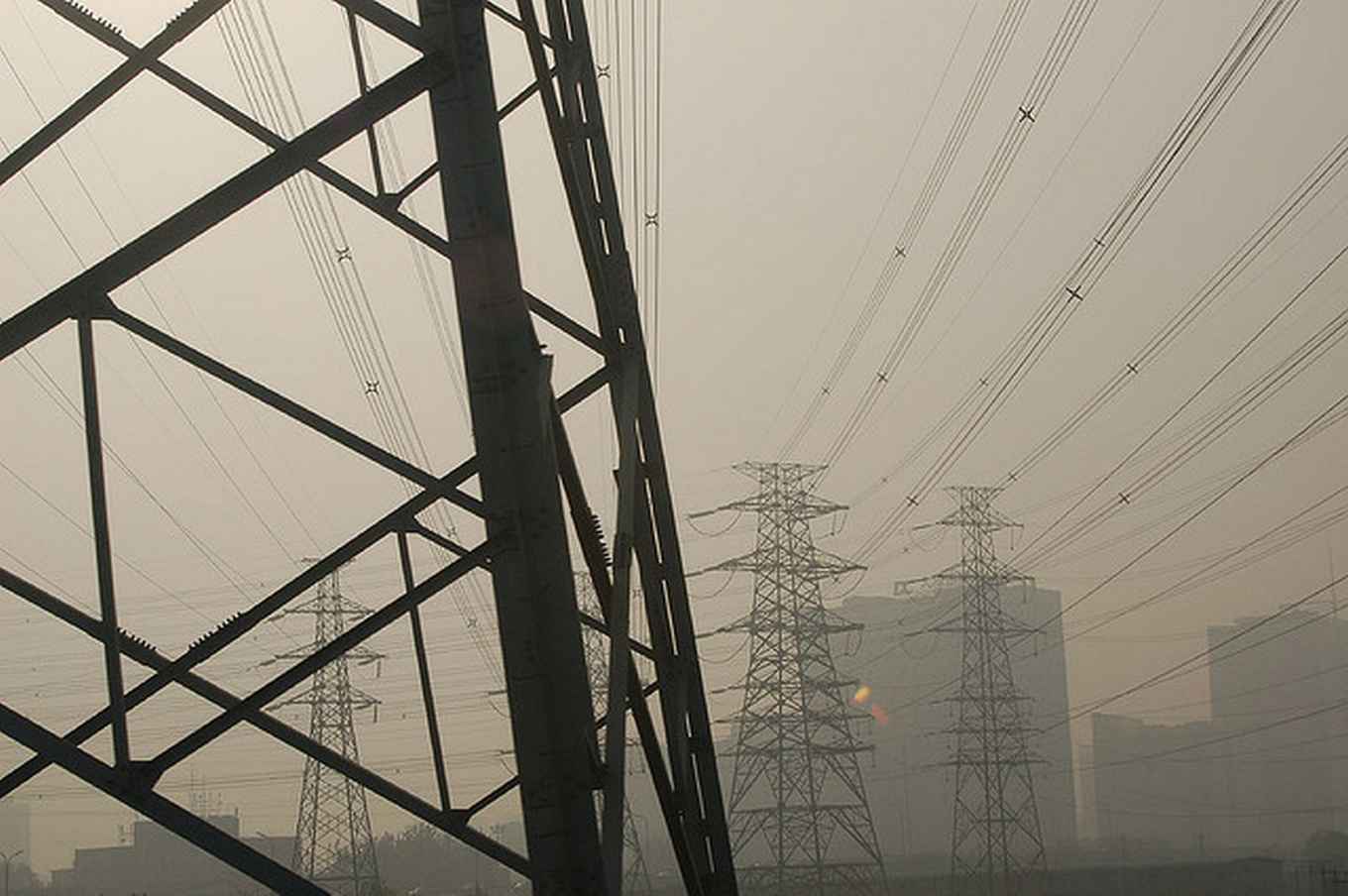Pursuing energy independence will hardly mitigate climate change
6 June 2016

The researchers analysed the links between energy security and climate change policies by employing a series of state-of-the-art global energy-economy models. They assessed the impact of energy independence policies on emissions, the likely changes that energy independence or climate policies will have on the energy system, and the comparative costs of implementing either.
The results show that combatting climate change will lead to lower energy imports, but that ensuring energy independence will lead to only modest (2–15%) cuts in greenhouse gas emissions. The researchers also find that constraining energy imports would cut fossil fuel use and energy demand, but may not universally increase the use of renewables.
Joint policy development needed

'This study refutes the idea that a policy focusing on energy independence more or less automatically results in sufficient reduction of greenhouse gases', says Bob van der Zwaan who is professor of Sustainable Energy Technoloy at the UvA and participates in the UvA research priority area Sustainable Chemistry. A core objective of his academic analyses is to advise governments and international organisations on the transition of energy systems towards 'low-carbon options' that mitigate climate change. As a senior researcher at the Energy research Centre of the Netherlands (ECN), Van der Zwaan leads the research with the global energy-climate-economy model TIAM-ECN that contributed substantially to the study now published in Nature Energy.
'Our results underpin the importance of joint development of energy security and climate change policies', says Van der Zwaan. The researchers in particular advocate a more careful analysis of the relative costs of different policy objectives in regard to the likely co-benefits of climate policies. They show that energy independence could be achieved at a comparable cost to meeting existing emissions reductions pledges. However, substantially larger efforts are needed to limit global warming to 2 °C or less, as was agreed upon last year during the climate conference (COP-21) in Paris. Van der Zwaan: 'In planning future energy systems, countries can best focus on technology that contributes to both emissions reductions and energy independence, although the emphasis should always be on technology lowering mankind’s carbon footprint.'
The research presented in Nature Energy involved researchers from multiple European countries led by Jessica Jewell of the International Institute for Applied Systems Analysis in Laxenburg, Austria. It received funding from the European Union Seventh Framework Programme (FP7).
Publication
Jessica Jewell, Vadim Vinichenko, David McCollum, Nico Bauer, Keywan Riahi, Tino Aboumahboub, Oliver Fricko, Mathijs Harmsen, Tom Kober, Volker Krey, Giacomo Marangoni, Massimo Tavoni, Detlef P. van Vuuren, Bob van der Zwaan and Aleh Cherp: Comparison and interactions between the long-term pursuit of energy independence and climate policies. Nature Energy, published online 6 June 2016, DOI:10.1038/nenergy.2016.73